Iman Saberi
Context-Augmented Code Generation Using Programming Knowledge Graphs
Jan 28, 2026Abstract:Large Language Models (LLMs) excel at code generation but struggle with complex problems. Retrieval-Augmented Generation (RAG) mitigates this issue by integrating external knowledge, yet retrieval models often miss relevant context, and generation models hallucinate with irrelevant data. We propose Programming Knowledge Graph (PKG) for semantic representation and fine-grained retrieval of code and text. Our approach enhances retrieval precision through tree pruning and mitigates hallucinations via a re-ranking mechanism that integrates non-RAG solutions. Structuring external data into finer-grained nodes improves retrieval granularity. Evaluations on HumanEval and MBPP show up to 20% pass@1 accuracy gains and a 34% improvement over baselines on MBPP. Our findings demonstrate that our proposed PKG approach along with re-ranker effectively address complex problems while maintaining minimal negative impact on solutions that are already correct without RAG. The replication package is published at https://github.com/iamshahd/ProgrammingKnowledgeGraph
A Passive Online Technique for Learning Hybrid Automata from Input/Output Traces
Jan 18, 2021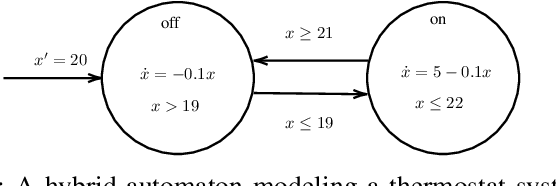

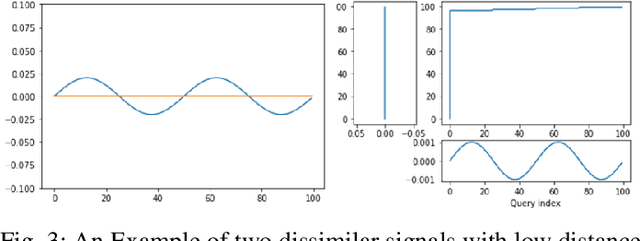
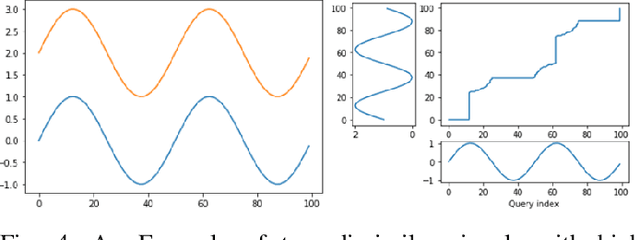
Abstract:Specification synthesis is the process of deriving a model from the input-output traces of a system. It is used extensively in test design, reverse engineering, and system identification. One type of the resulting artifact of this process for cyber-physical systems is hybrid automata. They are intuitive, precise, tool independent, and at a high level of abstraction, and can model systems with both discrete and continuous variables. In this paper, we propose a new technique for synthesizing hybrid automaton from the input-output traces of a non-linear cyber-physical system. Similarity detection in non-linear behaviors is the main challenge for extracting such models. We address this problem by utilizing the Dynamic Time Warping technique. Our approach is passive, meaning that it does not need interaction with the system during automata synthesis from the logged traces; and online, which means that each input/output trace is used only once in the procedure. In other words, each new trace can be used to improve the already synthesized automaton. We evaluated our algorithm in two industrial and simulated case studies. The accuracy of the derived automata show promising results.
Self-Competitive Neural Networks
Aug 22, 2020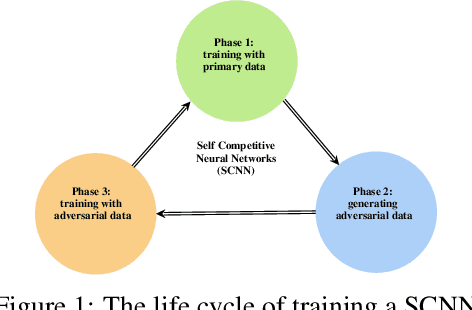

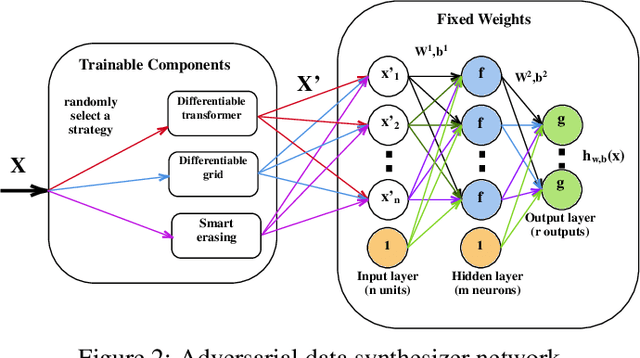

Abstract:Deep Neural Networks (DNNs) have improved the accuracy of classification problems in lots of applications. One of the challenges in training a DNN is its need to be fed by an enriched dataset to increase its accuracy and avoid it suffering from overfitting. One way to improve the generalization of DNNs is to augment the training data with new synthesized adversarial samples. Recently, researchers have worked extensively to propose methods for data augmentation. In this paper, we generate adversarial samples to refine the Domains of Attraction (DoAs) of each class. In this approach, at each stage, we use the model learned by the primary and generated adversarial data (up to that stage) to manipulate the primary data in a way that look complicated to the DNN. The DNN is then retrained using the augmented data and then it again generates adversarial data that are hard to predict for itself. As the DNN tries to improve its accuracy by competing with itself (generating hard samples and then learning them), the technique is called Self-Competitive Neural Network (SCNN). To generate such samples, we pose the problem as an optimization task, where the network weights are fixed and use a gradient descent based method to synthesize adversarial samples that are on the boundary of their true labels and the nearest wrong labels. Our experimental results show that data augmentation using SCNNs can significantly increase the accuracy of the original network. As an example, we can mention improving the accuracy of a CNN trained with 1000 limited training data of MNIST dataset from 94.26% to 98.25%.
 Add to Chrome
Add to Chrome Add to Firefox
Add to Firefox Add to Edge
Add to Edge